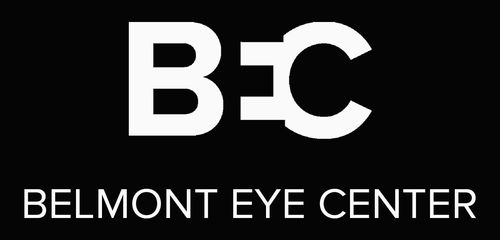[ad_1]
Prevent Blindness has declared Nov. 14-20, 2022, as its third annual “Thyroid Eye Disease Awareness (TED) Week.”
TED, sometimes called Graves’ ophthalmopathy or Graves’ eye disease, is an autoimmune disease in which the immune system causes inflammation and swelling and stimulates the production of muscle tissue and fat behind the eye.
According to the organization, to help raise awareness and provide free educational content to patients, care partners and healthcare professionals, Prevent Blindness offers TED fact sheets and social media graphics in English and Spanish, and a dedicated webpage.
Also available is the “Thyroid Eye Disease” episode of the Focus on Eye Health Expert Series, featuring Prevent Blindness President and CEO Jeff Todd interviewing Sara Wester, MD, FACS, professor of clinical ophthalmology at Bascom Palmer Eye Institute, and TED patient Stephen Bander.
According to the news release, TED Awareness Week is supported by Horizon Therapeutics, a global biotechnology company focused on rare, autoimmune and severe inflammatory diseases.
Risk factors for TED include:
- Graves’ disease
- Low levels of thyroid hormones (hypothyroidism)
- Age: Usually affects middle-age adults but can occur at any age
- Gender: Females are affected more than males
- Family history of thyroid eye disease
- Smoking: Smoking increases the risk of thyroid eye disease by 7–8 times, causes thyroid eye disease to have a longer “active phase,” and reduces the effectiveness of treatments
- Radioactive iodine therapy: Radioactive iodine has been used to treat hyperthyroidism and Graves’ disease. This treatment should be used with caution in people with active thyroid eye disease as it may worsen the condition unless steroids are given at the same time
- Low blood levels of selenium, a dietary mineral.
TED may cause eye pain, double vision, loss of vision, and changes to physical appearance which may negatively impact quality of life. Some TED patients experience depression, anxiety, loss of independence, and reduced self-confidence.
To help address this, the no-cost “Prevent Blindness Art Therapy Program” for people with TED and their care partners, now in its second session, provides participants with the opportunity to create art using a variety of artistic media to express thoughts and feelings. Participants also interact with registered art therapists who tailor the program topics, themes and materials for people affected by TED. Benefits of the Art Therapy program include:
- Art therapy has been shown to help people improve their mental, emotional, and even physical wellness.
- The process of creating art in a group setting can help reduce anxiety and depression, provide a way to express difficult emotions in a creative manner, and reduce isolation, which could be particularly important for people experiencing the challenging symptoms of TED.
- The opportunity to help people build new connections, help themselves, and help others by sharing stories and experiences.
Those interested in participating in the next session may sign up for the Prevent Blindness Art Therapy Program waiting list. This program is supported by funding from Horizon Therapeutics.
“By providing TED patients and their care partners with information and tools they need to understand Thyroid Eye Disease, along with offering the Prevent Blindness Art Therapy Program to help address the mental health impact, we can help to minimize the negative effect that TED often has,” Jeff Todd, president and CEO of Prevent Blindness, said in a news release.
For more information on TED, please visit https://preventblindness.org/thyroid-eye-disease/ or FOCUSonTED.com.
For details on the Prevent Blindness Art Therapy program, visit https://preventblindness.org/events/art-therapy-fall-2022/.
[ad_2]
Source link
